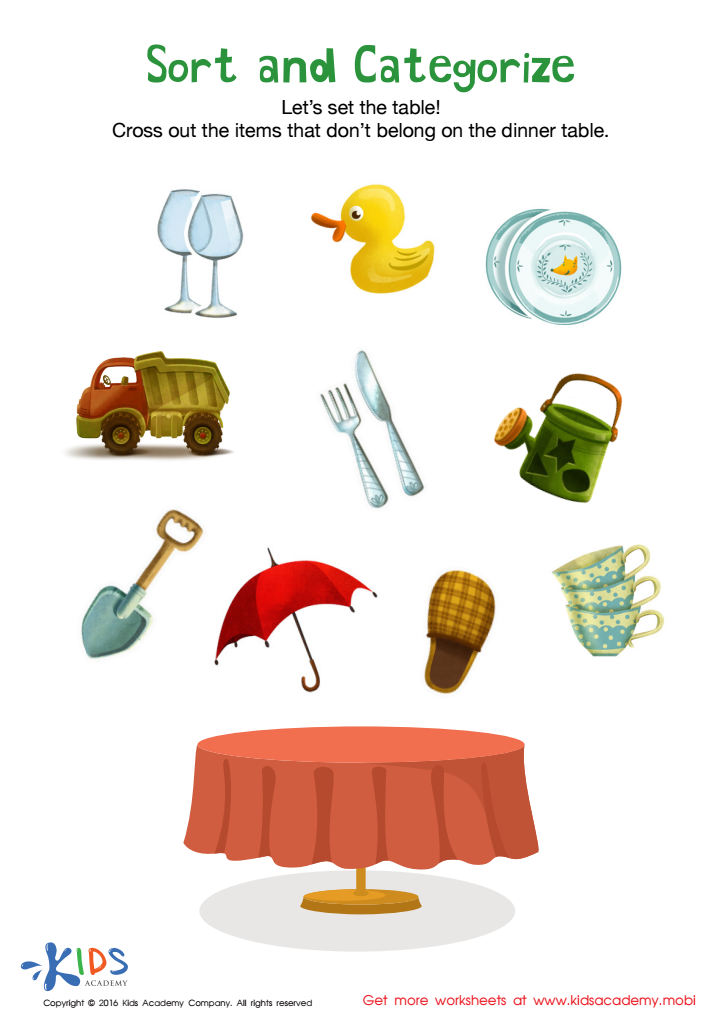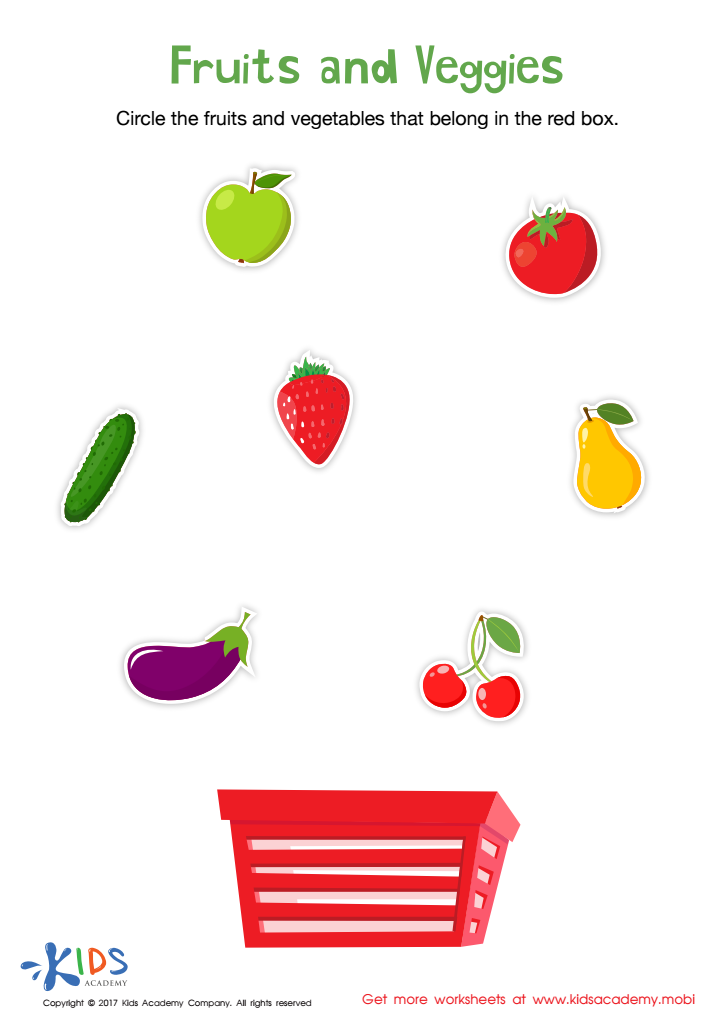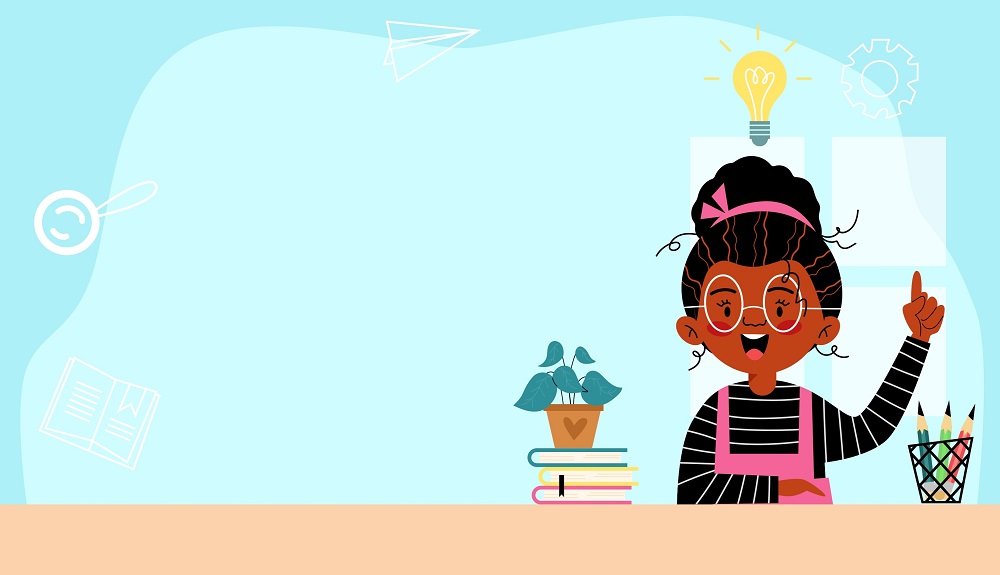Categorization skills Normal Worksheets for Ages 5-6
17 filtered results
-
From - To
Boost your child’s cognitive skills with our "Categorization Skills Normal Worksheets for Ages 5-6". Specially designed for young learners, these engaging activities help kids sort and classify items, enhancing their critical thinking and problem-solving abilities. Vibrant illustrations make learning fun, while carefully crafted tasks ensure age-appropriate challenges. Perfect for both parents and teachers, these worksheets support foundational skills essential for academic success. Encourage independence and confidence in your child as they explore various categories and groupings. Visit Kids Academy to access our comprehensive collection and give your child a head start on their educational journey!
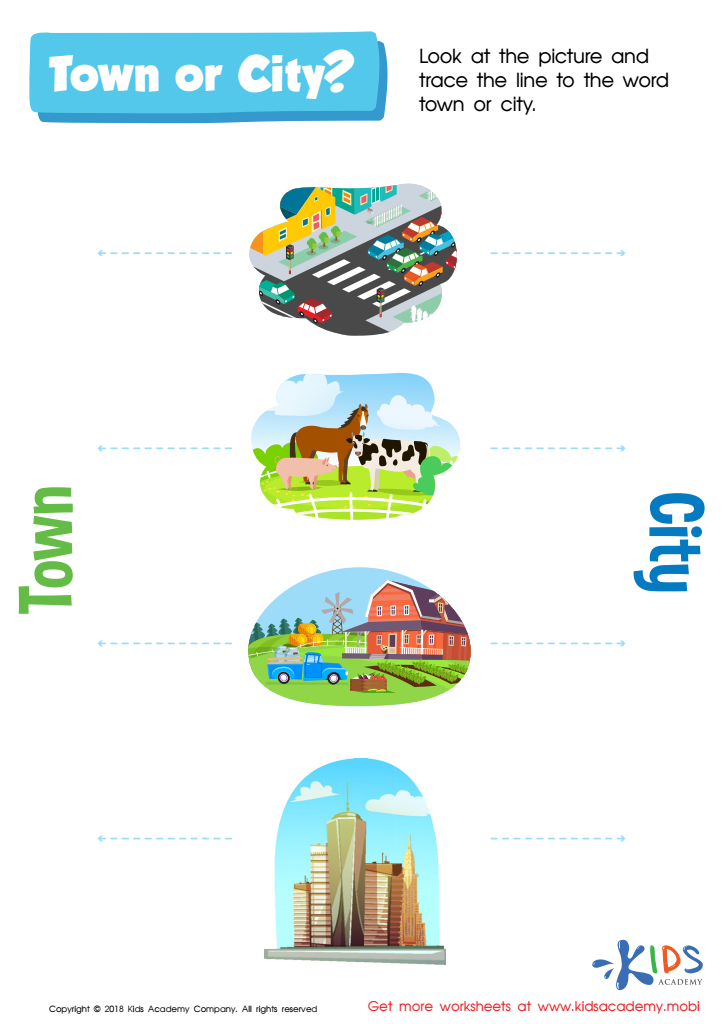

Town or City? Worksheet
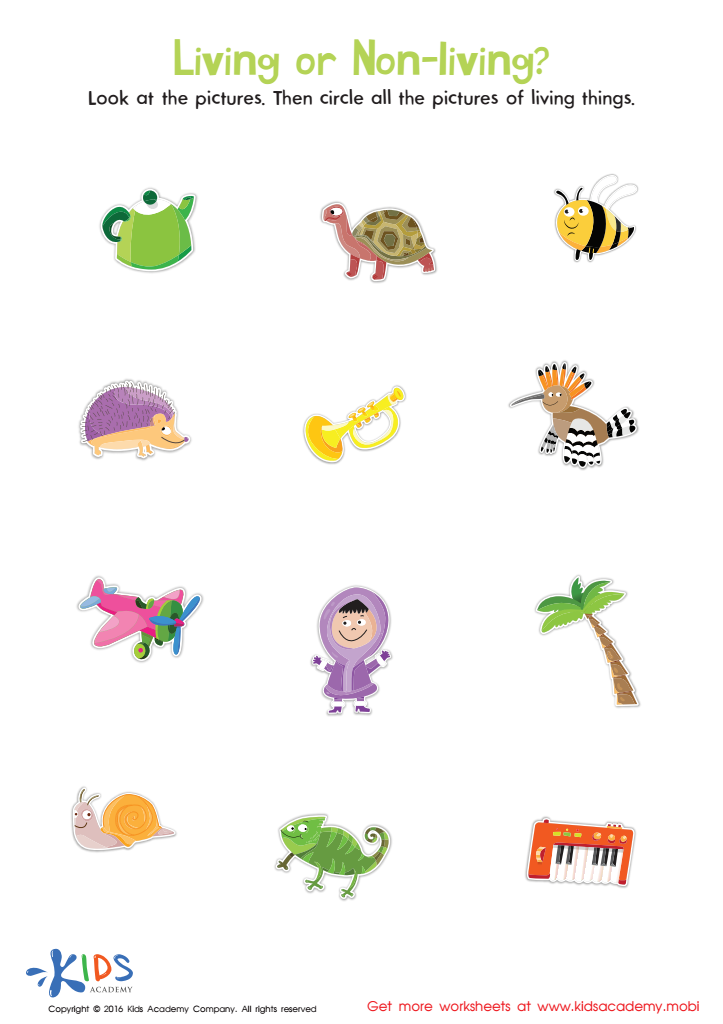

Identifying Living and Non–living Things Sorting Worksheet
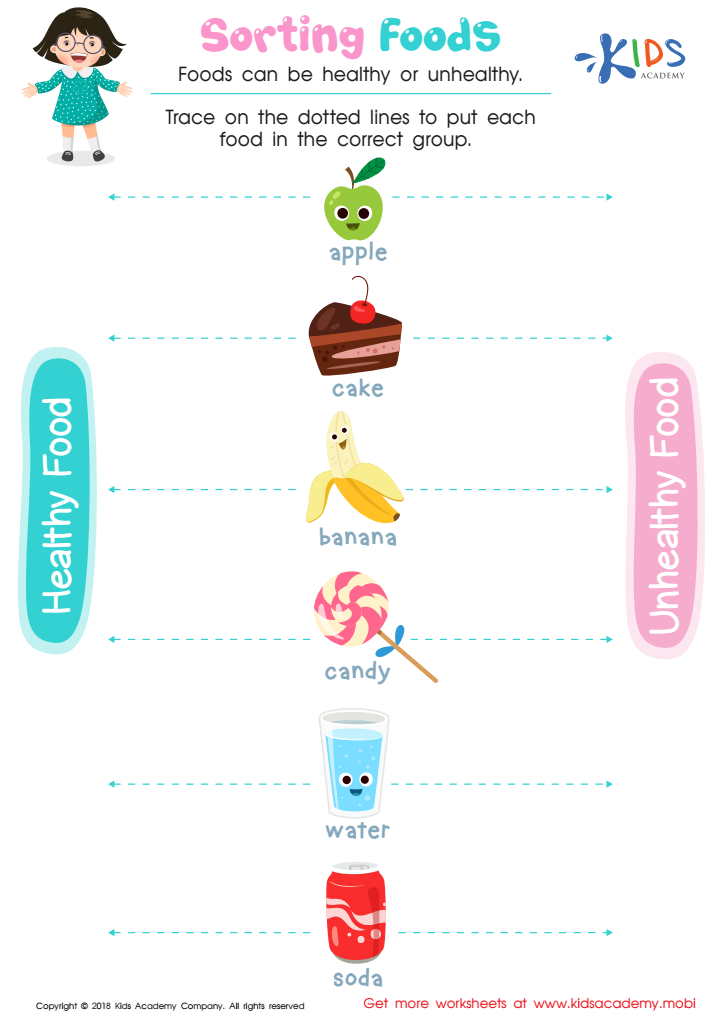

Sorting Food Worksheet


Sorting Animals in 3 Groups Worksheet
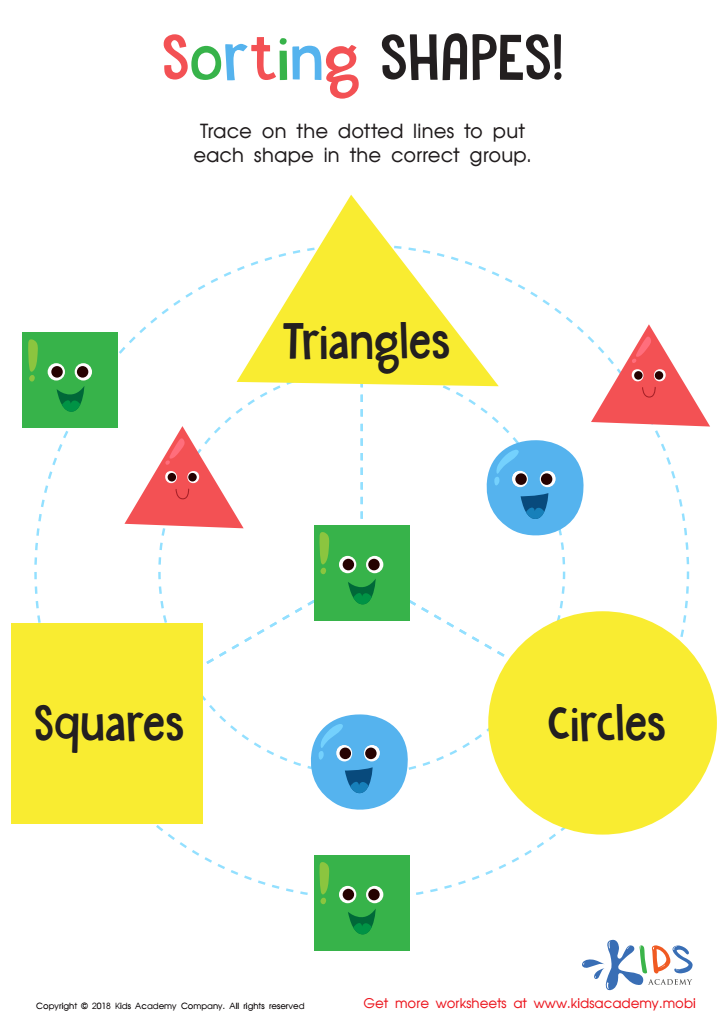

Sorting Shapes - Part 3 Worksheet
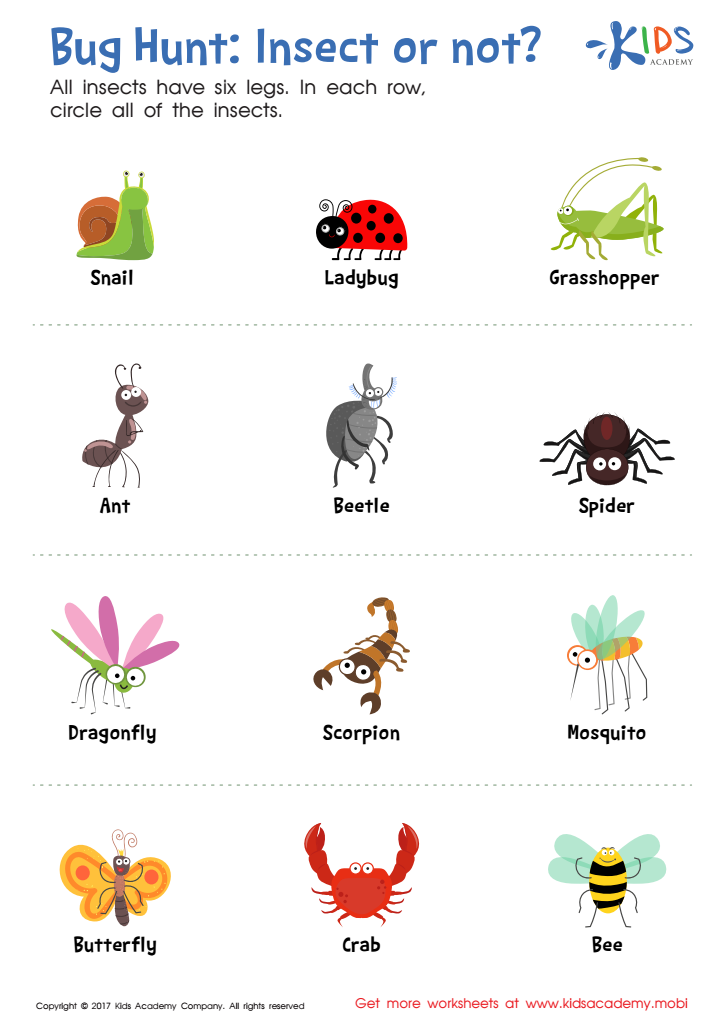

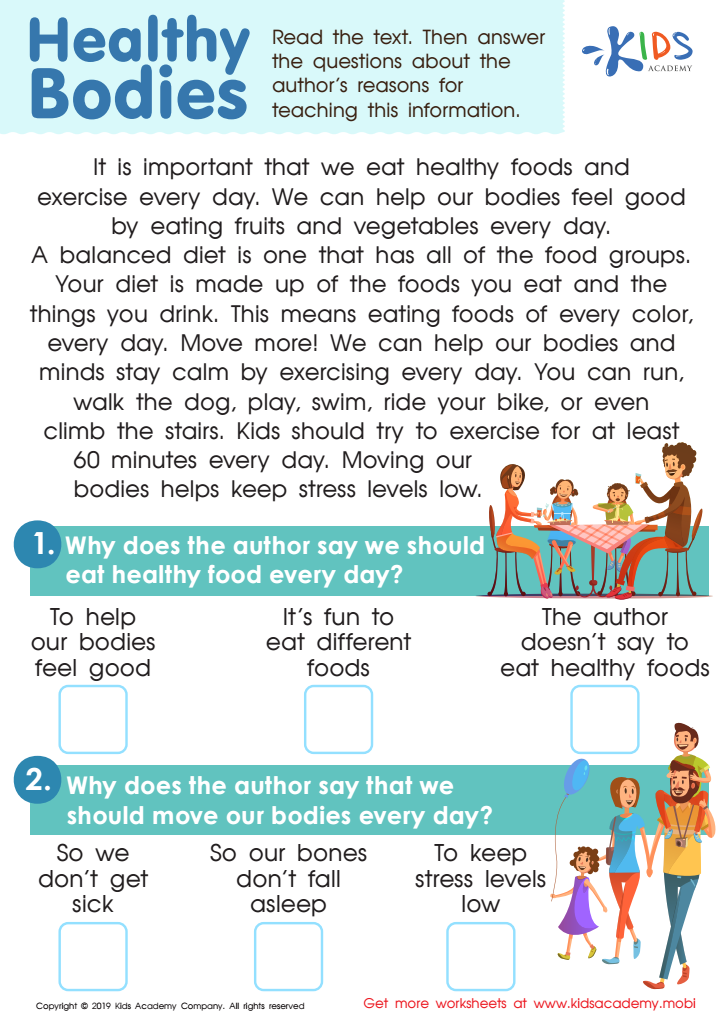

Healthy Bodies Worksheet


Matching: Classifying Toys by Size Worksheet
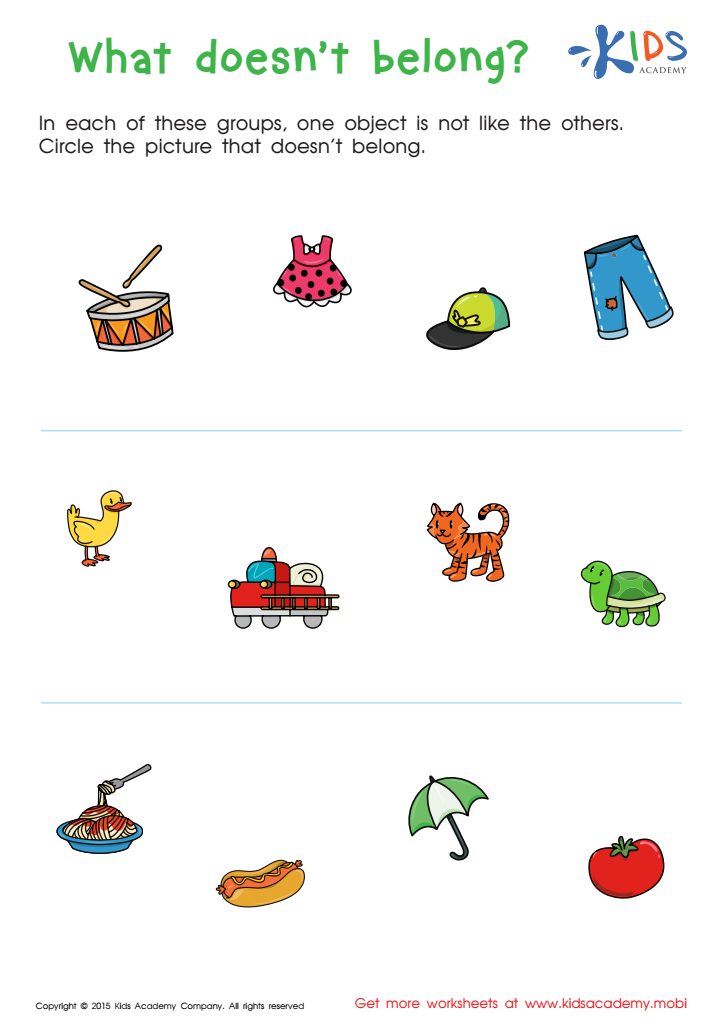

First Words: What Doesn't Belong Worksheet
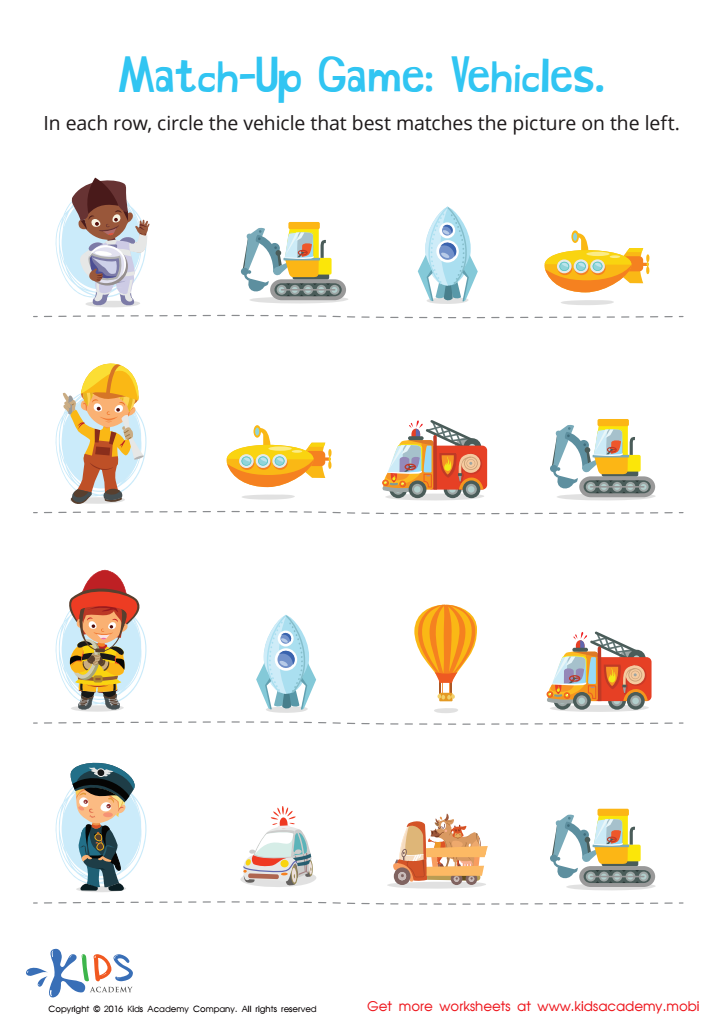

Vehicles Worksheet
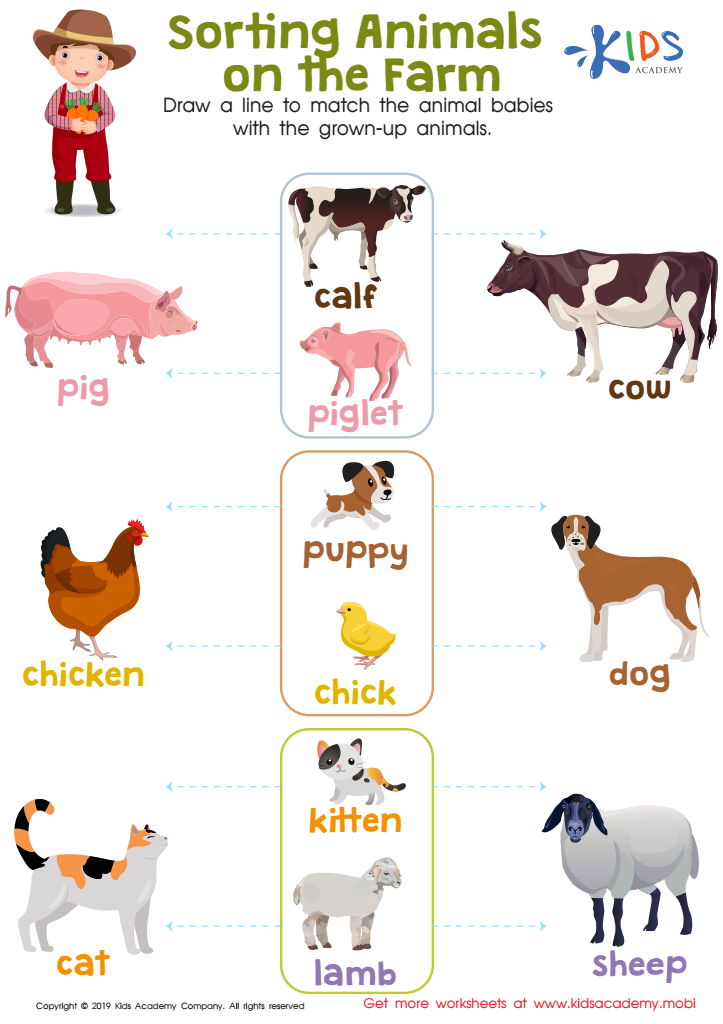

Sorting Animals on the Farm Worksheet


Logic Game Sorting Worksheet
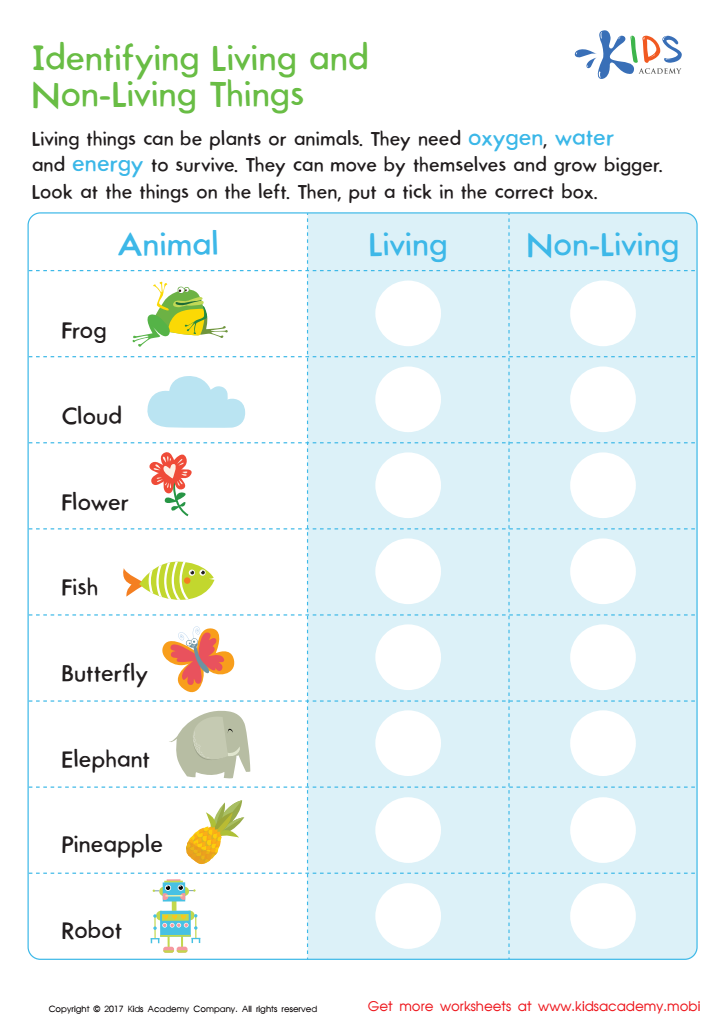

Identifying Living or Non–living Worksheet
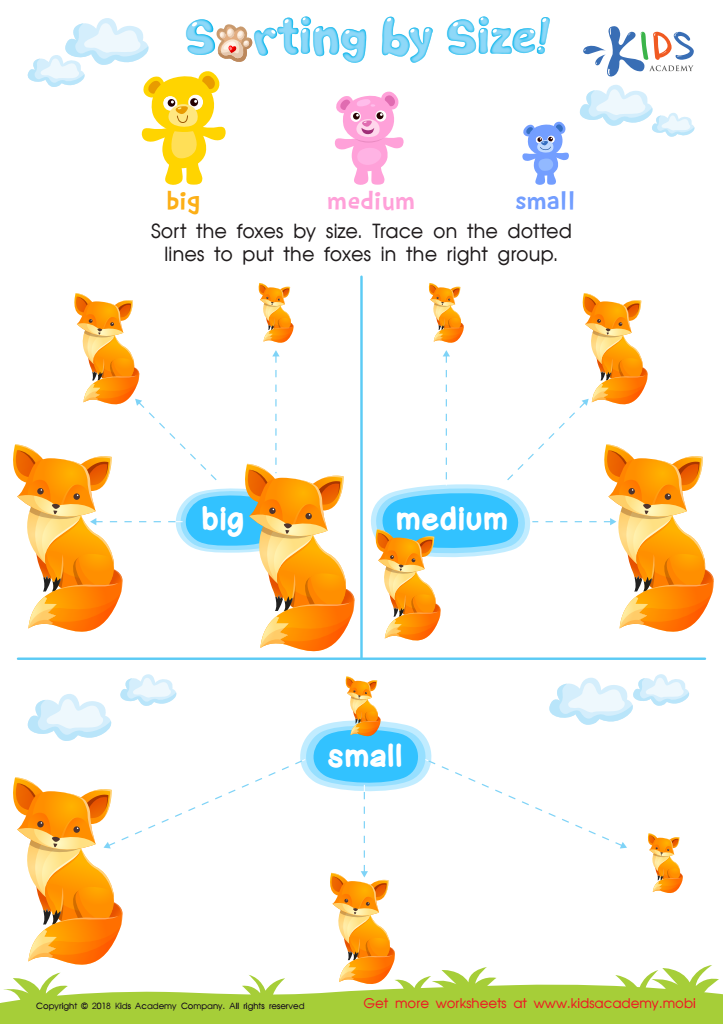

Sorting by Size Worksheet
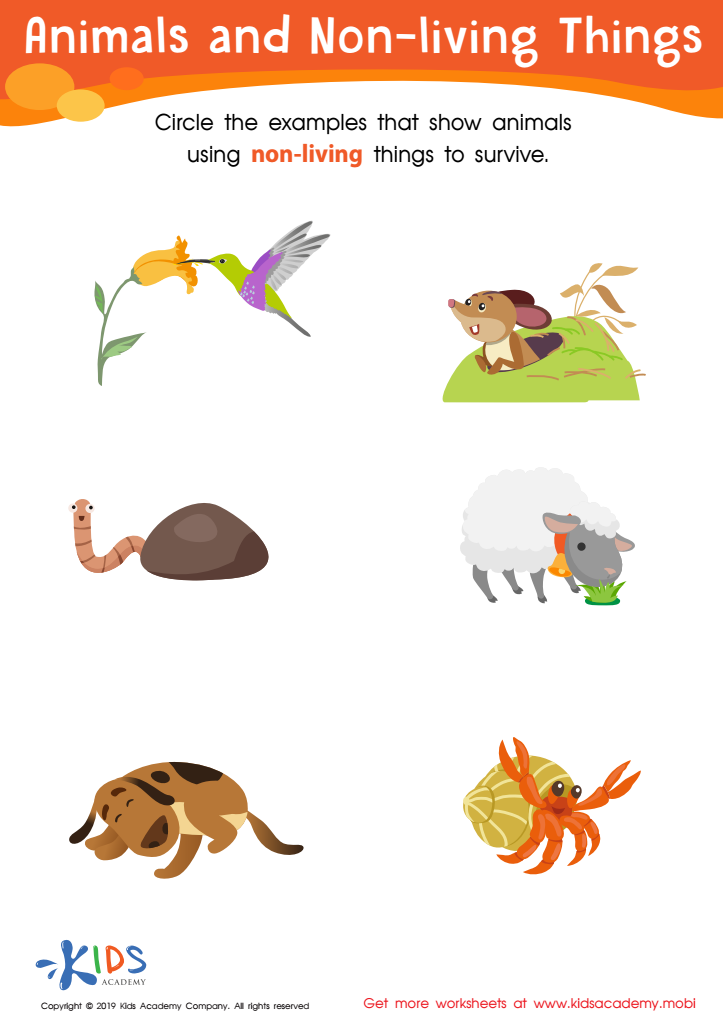

Animals and Non-Living Things Worksheet
Categorization skills are crucial cognitive abilities that emerge around ages 5-6, forming the foundation for more advanced thinking and learning. By organizing objects, ideas, or information into categories, children enhance their understanding of the world and improve their problem-solving and decision-making abilities.
For parents and teachers, fostering these skills is vital because they support academic learning and social development. When children can categorize, they are better at understanding relationships between different items, which aids in reading comprehension, mathematics, and science. For example, grouping animals by their habitats or foods promotes memory retention and deeper understanding.
Moreover, categorization aids language development. Children learn new vocabulary quicker when they can link new words to existing categories. It also refines their reasoning skills, allowing them to apply learned concepts to new situations—a fundamental skill for effective learning.
Socially, these skills help children navigate their environments more confidently. By categorizing social cues and behaviors, they learn appropriate responses, enhancing their social interaction competency.
In nurturing categorization skills, parents and teachers equip children with essential tools for lifelong learning and adaptability. Encouraging sorting games, classification activities, and discussion about different groups are practical ways to develop these skills, setting the stage for academic success and well-rounded development.
 Assign to My Students
Assign to My Students


